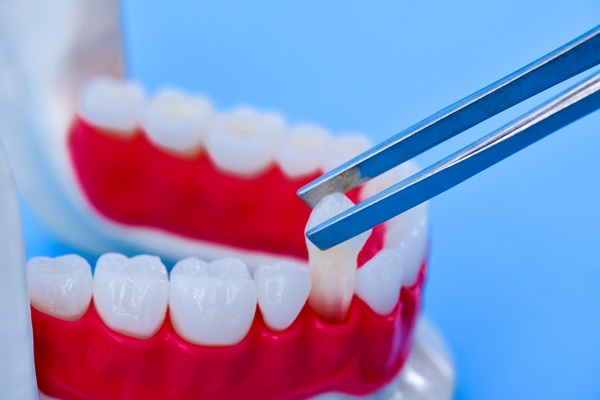Wisdom Tooth Extraction Aftercare
The removal of a is sometimes necessary. It can be due to the tooth being poorly developed or other dental issues, like tooth decay. The wisdom teeth are the last set of teeth to emerge, and they typically erupt by the time you are 21.
Wisdom teeth are the only set of teeth that are not completely necessary. Given their location at the back of the mouth, they are also one of the hardest teeth to clean, making them susceptible to a variety of dental issues.
Dentists typically recommend the removal of a wisdom tooth once it starts creating any problems. The procedure is over in a couple of hours.
Taking care of the mouth after the removal of a wisdom tooth
The removal of a wisdom tooth often involves oral surgery. Taking care of the site of the extraction afterward is extremely important, since the area is vulnerable to infection and bleeding for the first 48 hours.
Here are important things patients should do following a tooth extraction:
Right after the procedure
1. Gauze should be placed on the extraction site for the first hour after the extraction. This is done to facilitate blood clotting. If the site continues to bleed after an hour, replace the gauze being used with a new one.
2. Try not to irritate the site of the surgery by rinsing the mouth vigorously or touching the site with the fingers or food. This can dislodge the blood clot holding back the bleeding.
3. Patients will often be prescribed a painkiller after surgery, and they should take it when the local anesthetic begins to wear off.
4. Take things easy after the surgery. Getting lots of rest speeds up the recovery process.
5. Apply ice packs to the area of the face around the extraction site to reduce inflammation.
Dealing with the bleeding
Bleeding after having a tooth extracted is completely normal. That includes spitting out red saliva for a few hours after the surgery. As mentioned, an effective way to reduce bleeding is by placing gauze on the extraction site and biting down on it. This slows down the bleeding, making it easier for a clot to form.
If the bleeding continues for more than a few hours, wet a tea bag, place it over the extraction site and bite down. Tea contains tannic acid, which contracts bleeding blood vessels, making it easier for clots to form.
The patient can also do little things like sitting upright and avoiding exertion to speed up the clotting process.
Eating after oral surgery
Patients should avoid using straws after oral surgery. The suction forces created can dislodge the clot. Patients should stick to soft foods and chew using the opposite side of their mouth. Patients who opt to have all four wisdom teeth removed should stick to soft foods that do not need to be chewed. Patients should try to avoid missing meals during this period, since the nutrients aid the healing process.
Want to learn more about taking care of yourself after a tooth extraction? Talk to one of our dentists today.
Here's what you need …
For more information or to schedule an appointment with Facial Spectrum, request an appointment in our Lee's Summit dental office here: https://spectrumsurgical.net. Or call us at (816) 524-4334.
Check out what others are saying about our dental services on Yelp: .
Recent Posts
A dental implant is considered the gold standard of dental restorations. Titanium rods act as dental roots that stimulate the jawbone. The artificial crowns replace the missing ones above the gumline. These restorations are what you need to have stable, natural-looking teeth again. Here are the details about the role of a dental implant in…
A dental implant is considered the gold standard of dental restorations. Titanium rods act as dental roots that stimulate the jawbone. The artificial crowns replace the missing ones above the gumline. These restorations are what you need to have stable, natural-looking teeth again. Here are the details about the role of a dental implant in…
A regular dentist can refer you to an oral surgeon if you need more dental care. This type of surgeon can perform procedures that can improve the face, mouth, or neck. Understanding the reasons for a referral to this provider can help you prepare for your procedure. Here are the reasons your dentist will refer…
A sinus lift or sinus augmentation can build up your upper jaw. This procedure is invasive. The dentist will take healthy bone and place it in the section of the maxilla that needs it. Here are the sinus lift benefits that you must consider.Studies show that a thinning upper jawbone can result in the weakening…

